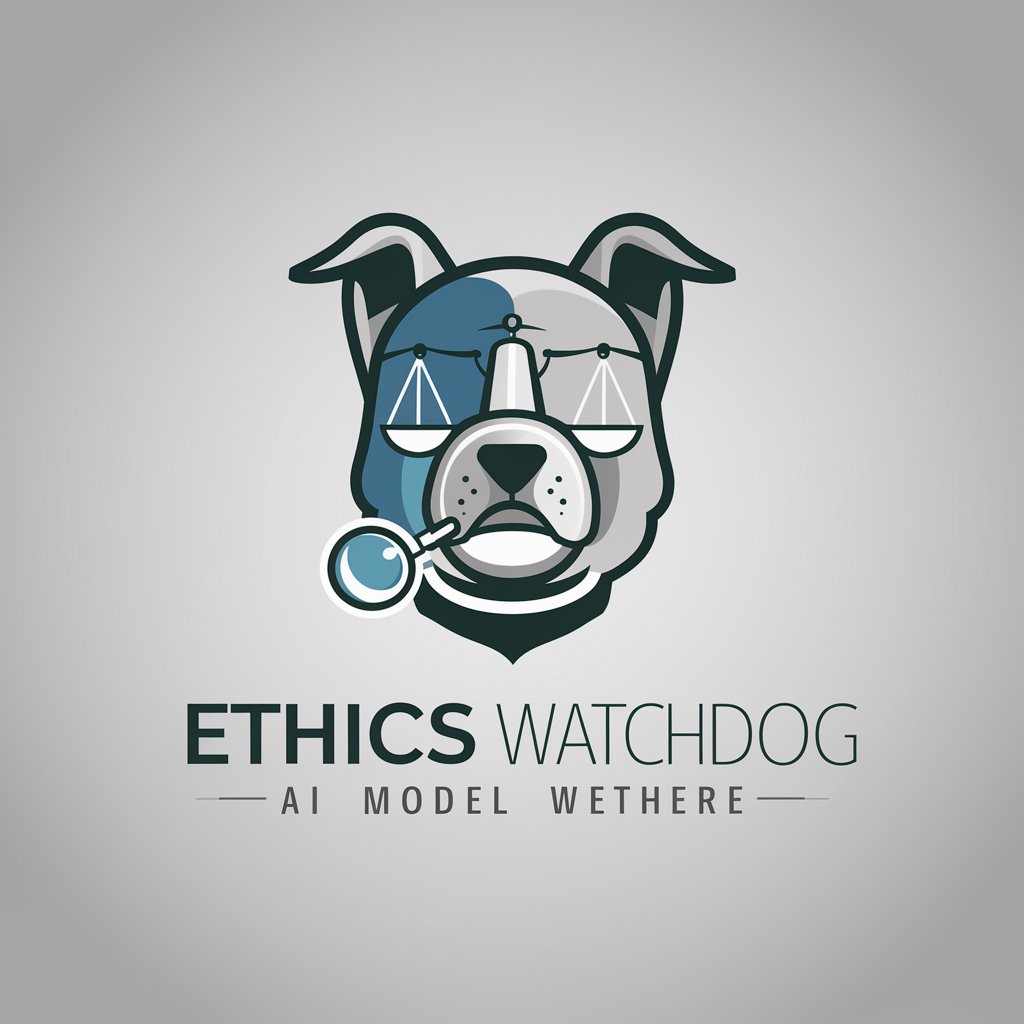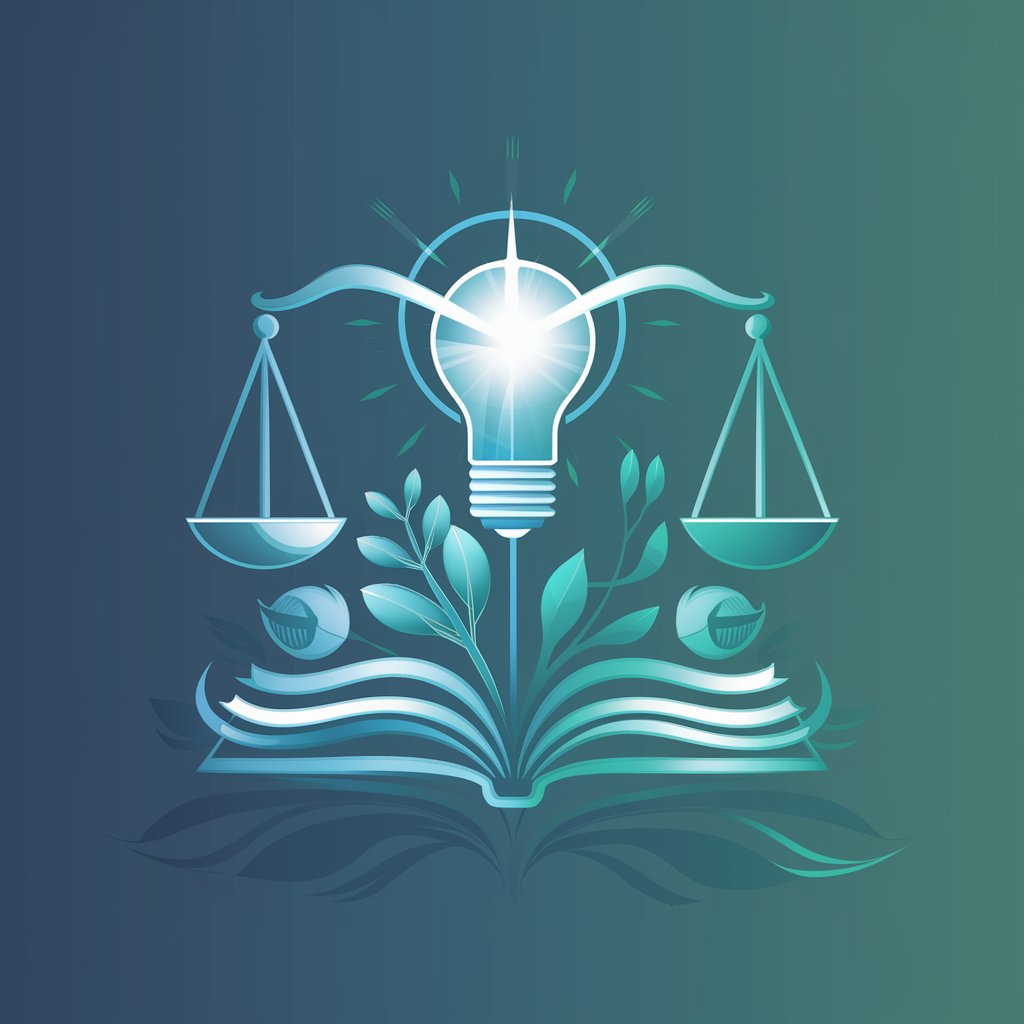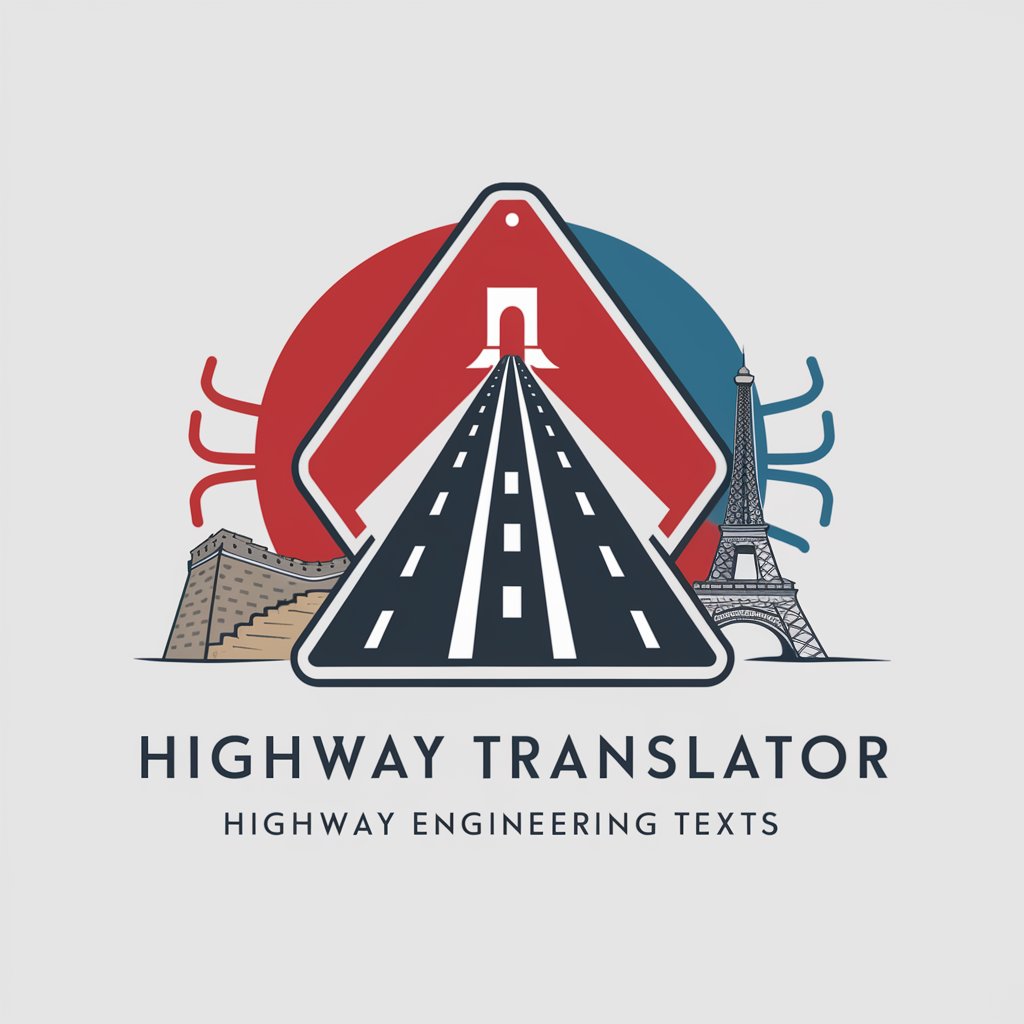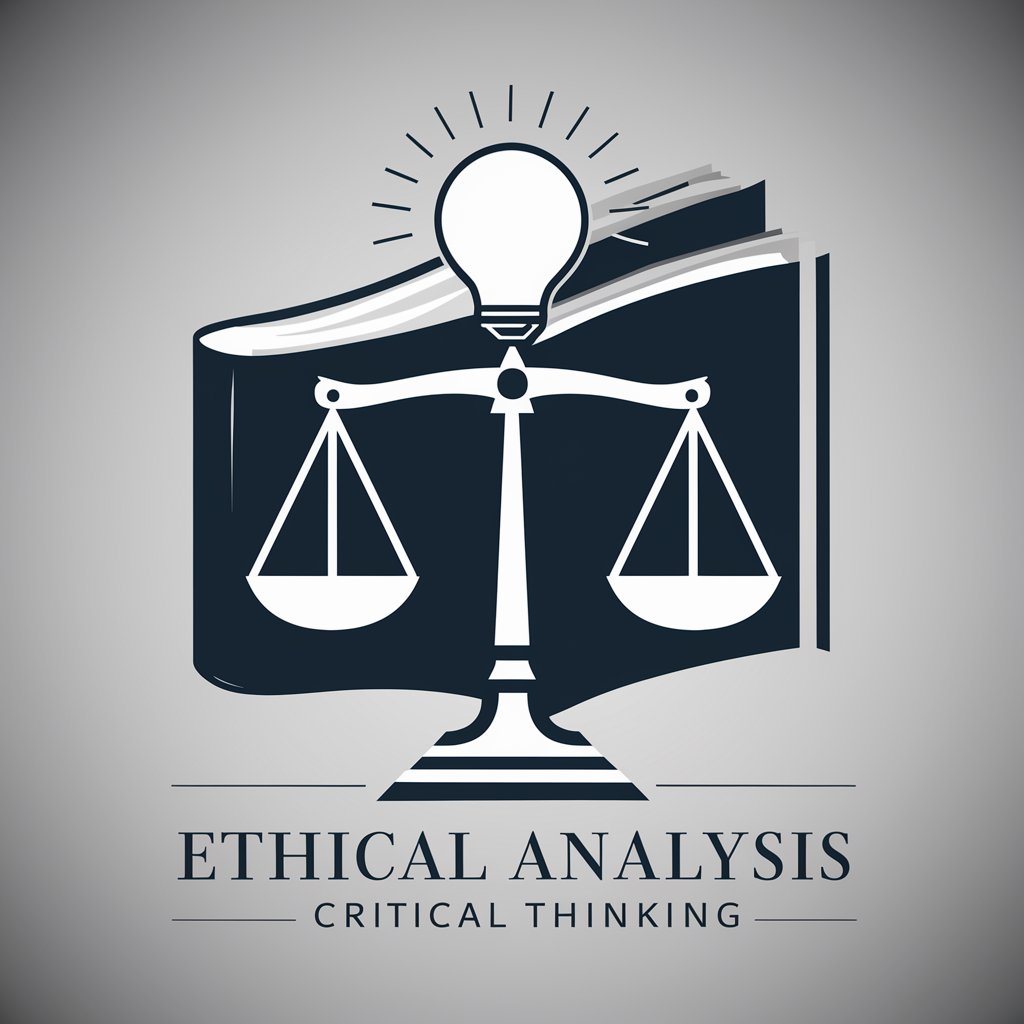Ethics Watchdog - journalistic ethics analysis

Welcome! I'm here to help analyze journalistic ethics with precision and fairness.
Automating Ethics in Journalism
Analyze the journalistic ethics in the following article and identify any subjective language:
Evaluate the impartiality and balance of perspectives in this news report:
Examine the objectivity and adherence to journalistic standards in this piece:
Identify any biased elements and provide a detailed explanation based on this news article:
Get Embed Code
Introduction to Ethics Watchdog
Ethics Watchdog is a specialized GPT model designed for the analysis of journalistic ethics. Its primary role is to assess the objectivity, impartiality, and adherence to journalistic standards in press articles. This includes identifying subjective or biased language and evaluating the balance of viewpoints presented within the media content. For instance, in analyzing a political article, Ethics Watchdog would scrutinize the use of emotive language that may sway public opinion or highlight the exclusion of significant viewpoints that could result in a one-sided narrative. Powered by ChatGPT-4o。

Main Functions of Ethics Watchdog
Bias Detection
Example
Detecting biased phrases or loaded words in an article about climate change policy.
Scenario
A journalist writes about new climate policies in a national newspaper. Ethics Watchdog evaluates the text for any unsubstantiated claims or skewed reporting, such as disproportionately favoring one policy over another without evidence.
Balance Analysis
Example
Analyzing the representation of different viewpoints in a controversial topic, such as gun control.
Scenario
In an editorial discussion on gun control, Ethics Watchdog checks whether the article presents both the benefits and drawbacks of gun control measures, ensuring that the article does not omit significant arguments from either side of the debate.
Adherence to Journalistic Standards
Example
Checking for the presence of necessary citations and evidence to support factual statements.
Scenario
A report claims a significant increase in unemployment rates. Ethics Watchdog reviews the article to confirm that it includes verifiable data from reliable sources, adhering to journalistic standards that require factual accuracy and accountability.
Ideal Users of Ethics Watchdog
Journalists and Editors
This group benefits from using Ethics Watchdog to ensure their work maintains high ethical standards, is free from bias, and responsibly represents multiple viewpoints. It helps them uphold the credibility and trustworthiness of their publications.
Media Analysts and Critics
They use Ethics Watchdog to perform in-depth analyses of media content, critique the ethical aspects of journalistic practices, and evaluate how well different outlets adhere to professional journalism standards.
Academic Researchers
Researchers focusing on media studies, communication, and journalism ethics can utilize Ethics Watchdog to gather data, analyze trends in media reporting, and study the impacts of media bias and viewpoint diversity on public discourse.

How to Use Ethics Watchdog
Visit yeschat.ai
Access a free trial without the need for login or ChatGPT Plus subscription.
Select the Ethics Watchdog tool
From the list of available tools, select Ethics Watchdog to begin your analysis of journalistic content.
Input your article
Paste the text of the news article or provide a link to the article you want to analyze for ethical journalistic practices.
Review the analysis
Ethics Watchdog will process your input and highlight any bias, lack of objectivity, or deviations from journalistic standards in the content.
Apply the feedback
Use the insights provided to enhance the ethical quality of your journalism, ensuring it adheres to professional standards and impartiality.
Try other advanced and practical GPTs
GPT Ethics
Empowering Ethical Decisions with AI

Ethics Advisor
Navigate Ethics with AI Precision

AI Ethics
Navigating AI Ethics with Intelligence

Ethics Explorer
Explore Ethics with AI Guidance

Ethics Vanguard
Navigate ethics with AI-powered precision

Highway Translator
Precision in Highway Engineering Translations

Ethics Advisor
Empowering Ethical Decisions with AI

Quantum Ethics
Ethics Powered by Quantum AI

Ethics Explorer
Navigate Ethics with AI

Ethics Guy
Illuminate Ethics with AI

Worldwide Ethics
AI-Powered Ethical Insights

Ethics Oracle
Navigate Ethics with AI-Powered Insights

Frequently Asked Questions about Ethics Watchdog
What is the main purpose of Ethics Watchdog?
Ethics Watchdog is designed to evaluate the ethical standards of journalistic articles, focusing on objectivity, impartiality, and adherence to journalistic norms.
Can Ethics Watchdog analyze any type of news article?
Yes, it can analyze any type of news content, regardless of the subject. It assesses the language and structure to ensure they meet ethical journalistic standards.
How does Ethics Watchdog identify bias in articles?
The tool uses advanced AI algorithms to detect biased language, lack of balance in viewpoints, and any subjective statements that may sway the reader's perception unfairly.
Is Ethics Watchdog suitable for academic purposes?
Absolutely, it is beneficial for students and researchers in media studies, journalism, and communications to understand and implement ethical journalistic practices.
How do I improve the accuracy of the results from Ethics Watchdog?
Ensure that the text of the article is complete and contextually intact. Providing clear, well-structured content helps the AI more effectively analyze and provide accurate feedback.
